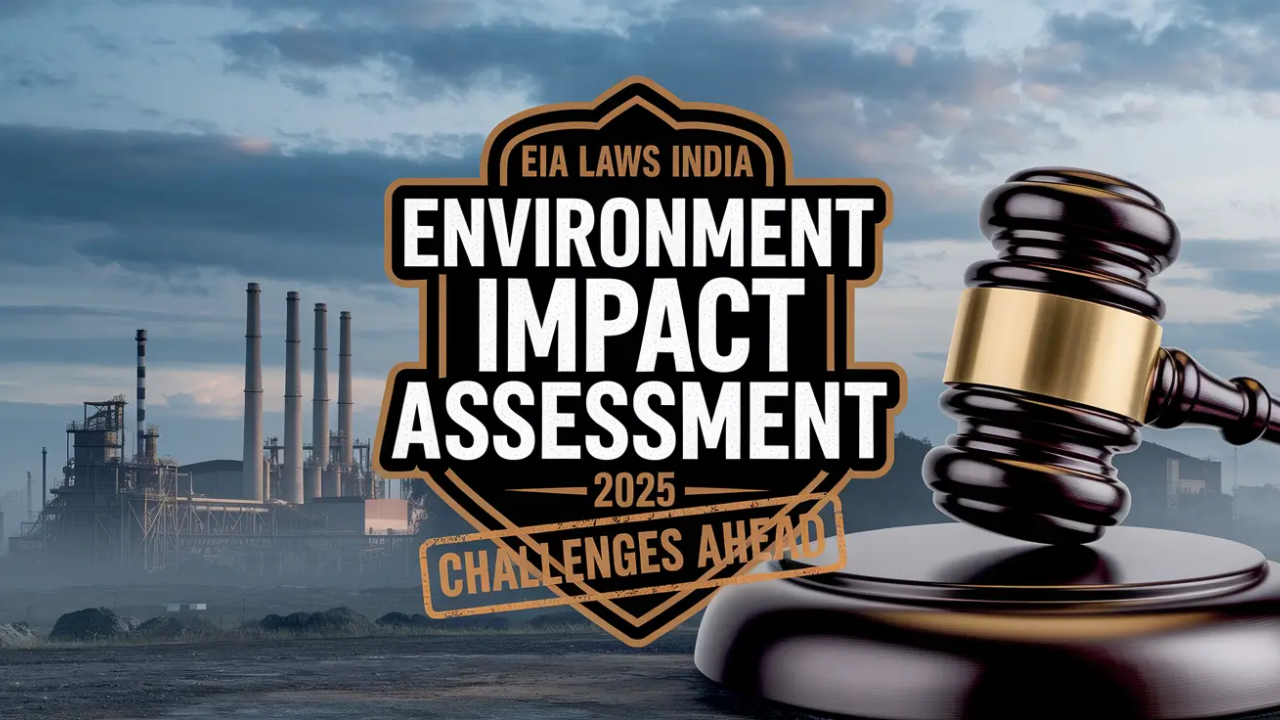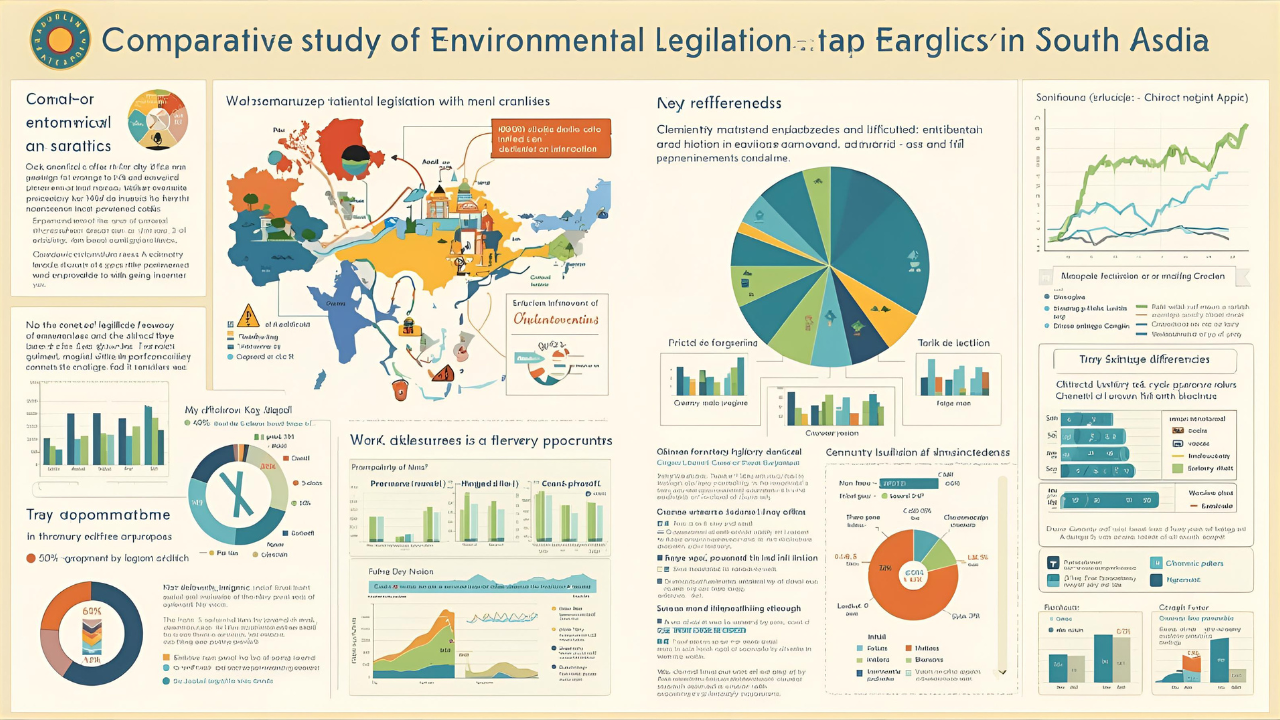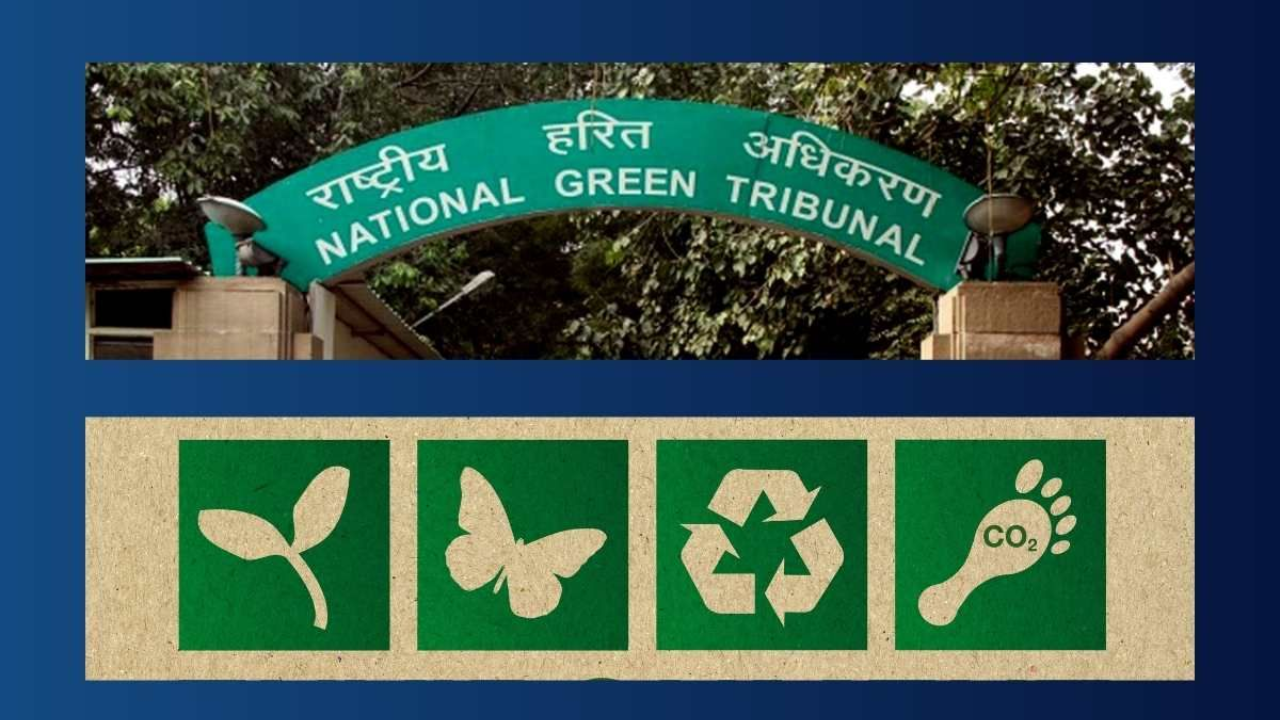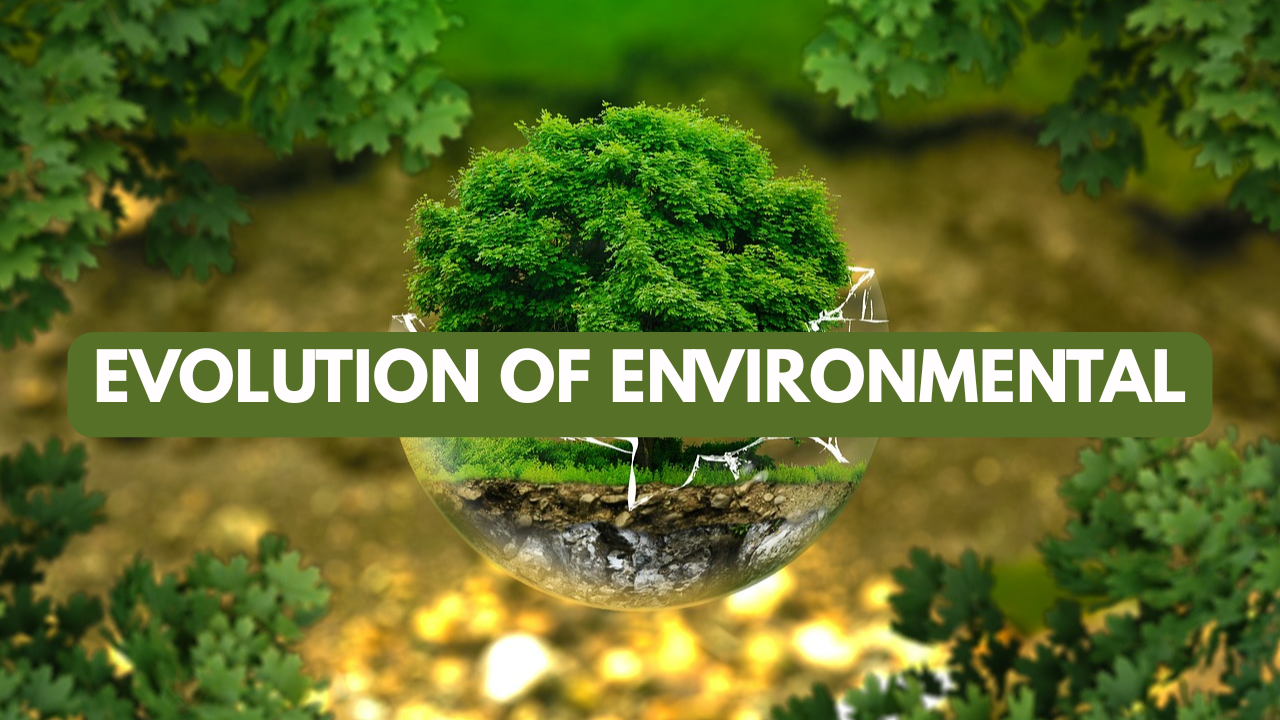Challenges in Implementing Environmental Impact Assessment (EIA) in India
Environmental Impact Assessment (EIA) is a crucial tool for balancing development with environmental sustainability. It evaluates the potential environmental, social, and economic consequences of proposed projects before granting approvals. In India, EIA was introduced in 1978 for river valley projects and later made mandatory under the Environment Protection Act, 1986. Despite its importance, implementation of … Read more




